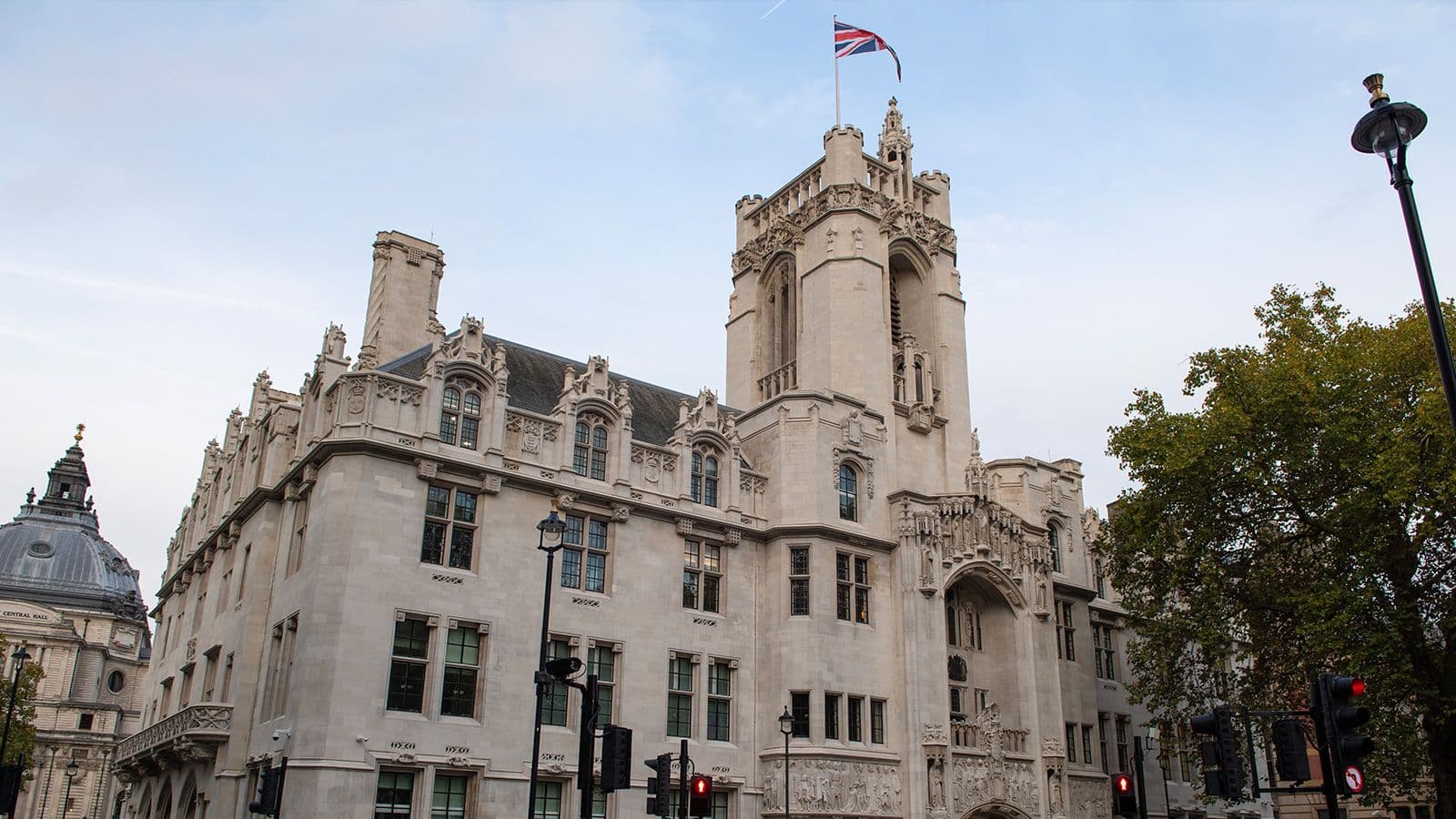News
291 Articles

From Magna Carta to Lady Jane Grey: the UK Supreme Court's fascinating friezes By Liam Fox, Information Officer

Future judgments

We have been made aware of an increase in scammers contacting people using the details of the Supreme Court – including our phone number - and other government departments to extort money.

On Friday 20th June the President of the UK Supreme Court Lord Reed, was in the Montenegrin capital Podgorica to deliver the keynote address at a conference entitled “From Traditional to European Judiciary”.

Latest judgments

On the 4th June the UK Supreme Court hosted an event exploring 'The Future of International Law'

The schedule for the court session for the following cases have been modified.



Change Programme Report Feedback Implementation Iterations

Judicial recruitment Deputy President Justice of the Supreme Court

Change Programme Case Management Portal New websites



The Supreme Court website catalogue at The National Archives. The Supreme Court website catalogue at The National Archives.
Sign up for news email alerts
Sign up to receive email alerts when a news article is published by the Court.

